Full Stack Development with Gen AI
The Full Stack Development with Generative AI course by DataWorks is designed to equip aspiring developers with the skills to build AI-powered web applications from the ground up. This comprehensive program covers both traditional full stack development and the integration of Generative AI to enhance automation, personalization, and user interaction in applications.
Students will master front-end development with HTML, CSS, JavaScript, and React, while also diving into backend technologies like Node.js, Express.js, and database management (SQL & NoSQL). Additionally, they will explore Generative AI models, integrating them into applications using APIs, fine-tuning models, and leveraging frameworks like TensorFlow, OpenAI, and Hugging Face.
5.0 (140 Ratings)
₹ 35000
Upskill for your Dream Job
Course Info
Solid understanding of HTML, CSS, and JavaScript for front-end development
Mastery of React.js for building dynamic, interactive, and stateful user interfaces
Understanding of Node.js and Express.js for server-side programming
Database integration using both SQL (PostgreSQL, MySQL) and NoSQL (MongoDB, Firebase)
Best practices in RESTful API development and GraphQL implementation
Fundamentals of Generative AI models (GPT, Stable Diffusion, Llama)
Implementing AI-powered chatbots, content generation, and automation
Working with OpenAI API, Hugging Face models, and LangChain for AI-driven applications
Fine-tuning AI models to personalize user experiences
Hosting applications on AWS, Azure, or Google Cloud
Containerization with Docker and CI/CD pipelines for automated deployments
Course Content
Introduction to Linux and Its History
Setting Up Linux and Working with the Shell
Linux Core Concepts and File System Management
Package Management, File Compression, and Search Operations
System Administration, Security, and Networking
Advanced Linux Topics and Automation
Environment Setup
Python Syntax & Basics
Control Flow
Data Structures
Functions
Object-Oriented Programming (OOP) in Python
Advanced Data Structures
Python Libraries for Development
Exception Handling in Python
File Handling in Python
Python Decorators and Generators
Multithreading and Multiprocessing
Introduction to MySQL
Querying Data using SQL
Indexing & Query Optimization
Stored Procedures, Triggers & Events
Transactions, Concurrency & Security
MySQL with Web Applications & NoSQL
MySQL Replication & High Availability
Advanced HTML and Accessibility
Advanced CSS Techniques
Modern JavaScript Features
Advanced Responsive Design
Web Performance Optimization
Hands-on Projects
Introduction to Web Development
HTML Fundamentals
CSS Basics
JavaScript Basics
Responsive Web Design
Hands-on Projects
Introduction to React
React Basics
State Management in React
React Lifecycle and useEffect Hook
Working with Lists and Forms
Styling in React
Routing in React
Hands-on Projects
Introduction to Django
Models and Databases
Views and URL Routing
Templates and Frontend Integration
Forms and User Input
Authentication and Authorization
Advanced Components
APIs with Django Rest Framework
Testing and Deployment
Introduction to Git & Version Control
Managing Changes & Undoing Actions
Branching, Merging & Resolving Conflicts
GitHub Basics & Collaboration
Advanced Git & GitHub Features
Automation, Security & Best Practices
Introduction to Docker
Working with Docker Containers
Docker Images and Dockerfile
Docker Networking
Docker Volumes & Data Persistence
Advanced Docker Concepts
Docker Swarm (Container Orchestration)
Introduction to Cloud Computing
Core Cloud Technologies
Key Cloud Providers and Offerings
Cloud Security and Compliance
Cloud Application and Workloads
Hands-on Labs and Practical Exercises
Understanding Generative AI
Large Language Models (LLMs) & How They Work
Prompt Engineering Fundamentals
Generative Adversarial Networks (GANs)
Diffusion Models & AI Image Generation
Building AI-Powered Applications with Generative AI
Future of Generative AI & Industry Trends

Hiring Partners





A basic understanding of programming concepts (variables, functions, loops).
No previous experience with web development is required.
A computer with internet access capable of running development software and tools.
FAQ's
The course is designed to be completed over 12 weeks with a part-time commitment, ideal for working professionals or students.
All required software and tools are open source and will be introduced throughout the course. Instructions for installation and setup will be provided.
Yes, you will work on multiple projects throughout the course, culminating in a capstone project that will serve as a showcase of your new skills.
DataWorks provides ongoing career support including interview preparation, portfolio review, and connections to industry professionals.
The curriculum is continuously updated to reflect the latest trends and best practices in full stack development, ensuring learners are equipped with relevant skills.
Earning Potential
3.75 LPA
min
5.5 LPA
avg
12 LPA
max
Full Stack Development Tools Covered
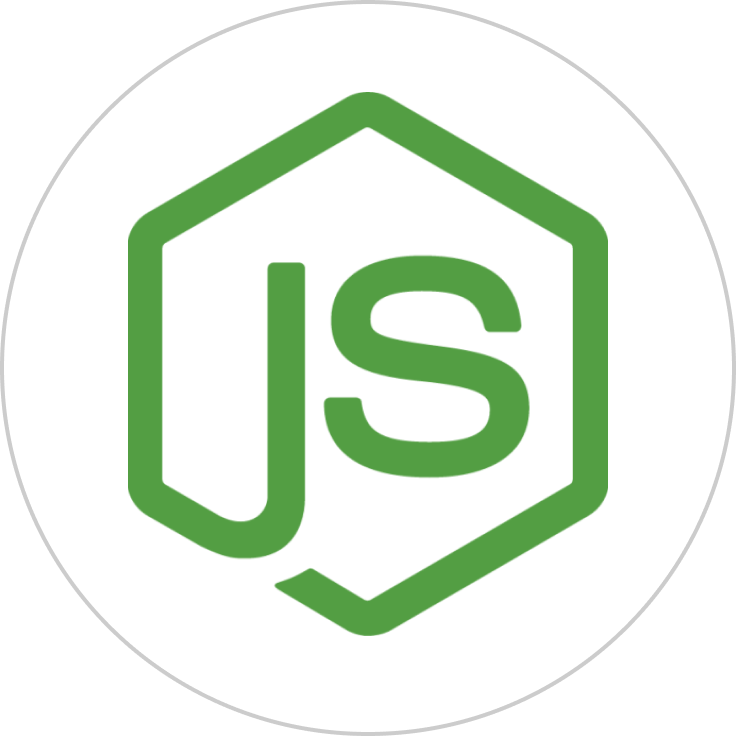
Node.js
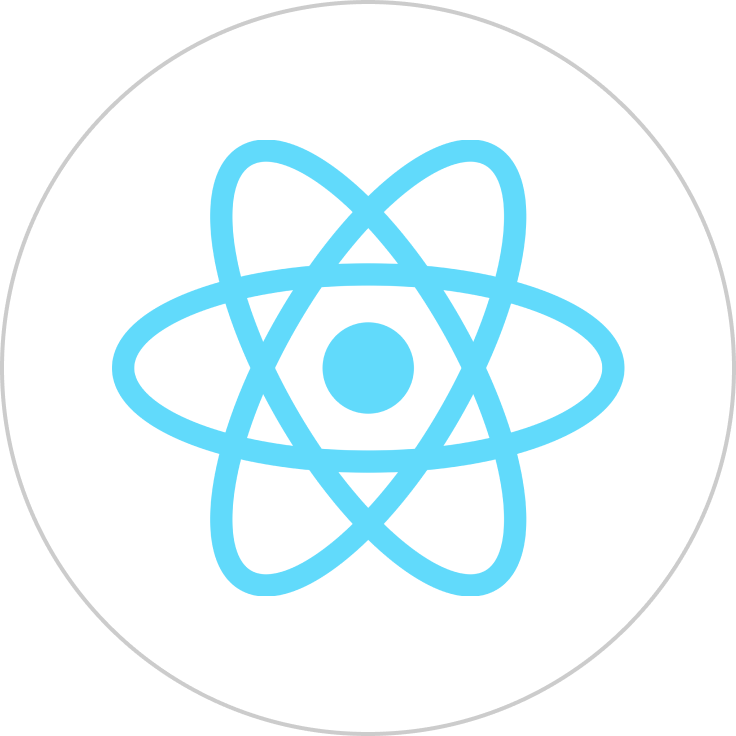
React
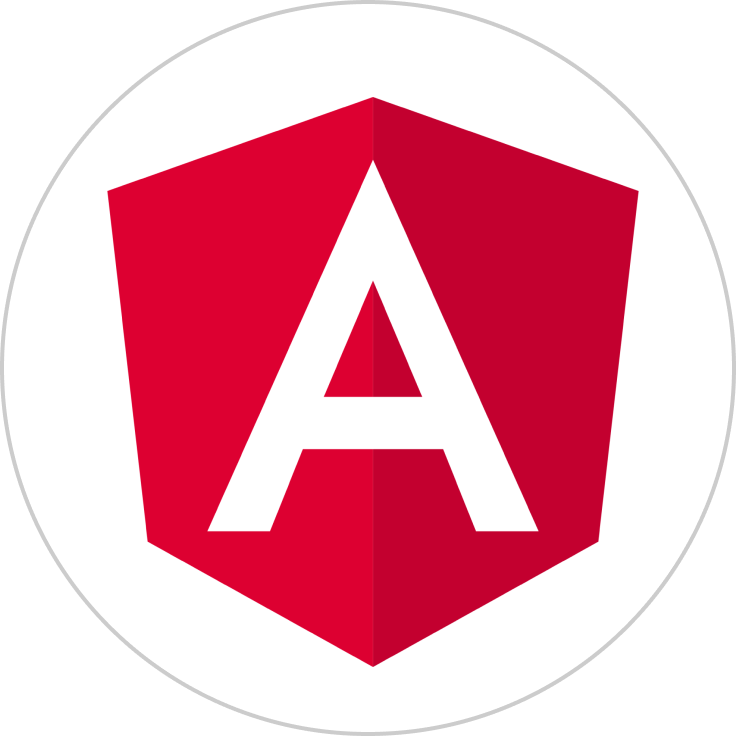
Angular
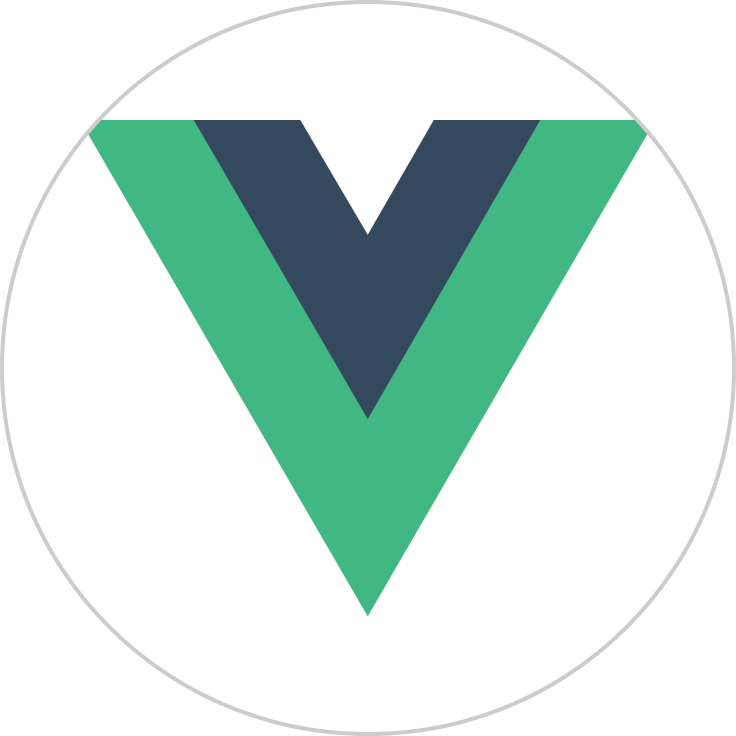
Vue.js
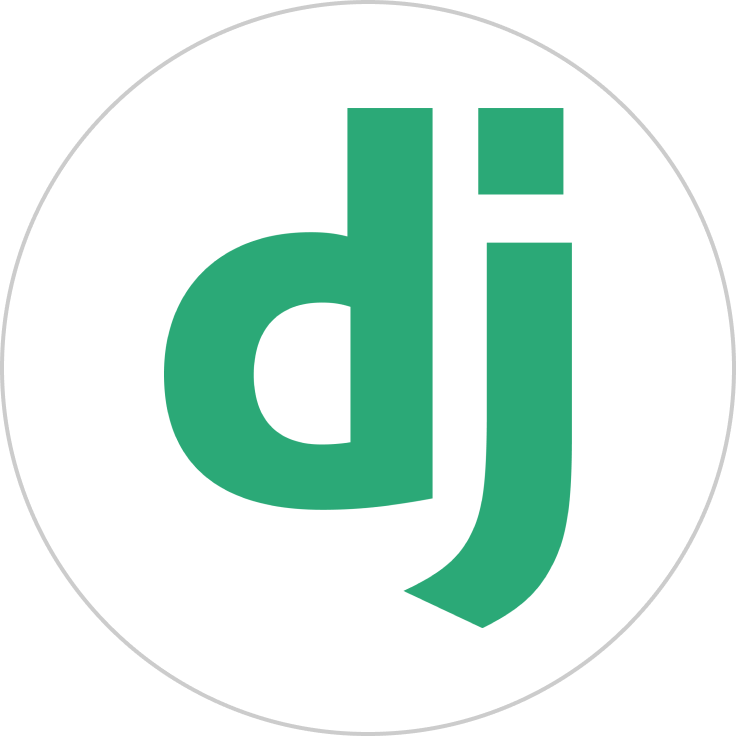
Django

MongoDB
Let’s explore further the implications of transitioning to online training
Course Certificate
The Cyber Security Practitioner Programming Course Certificate focuses on enhancing coding skills for securing applications and systems. The curriculum covers topics like secure coding practices, ethical hacking, and defensive programming. It’s ideal for developers and security professionals aiming to bolster their cybersecurity expertise.

Course Reviews

Rishi.A

Rohan.Y

Ritesh.S

